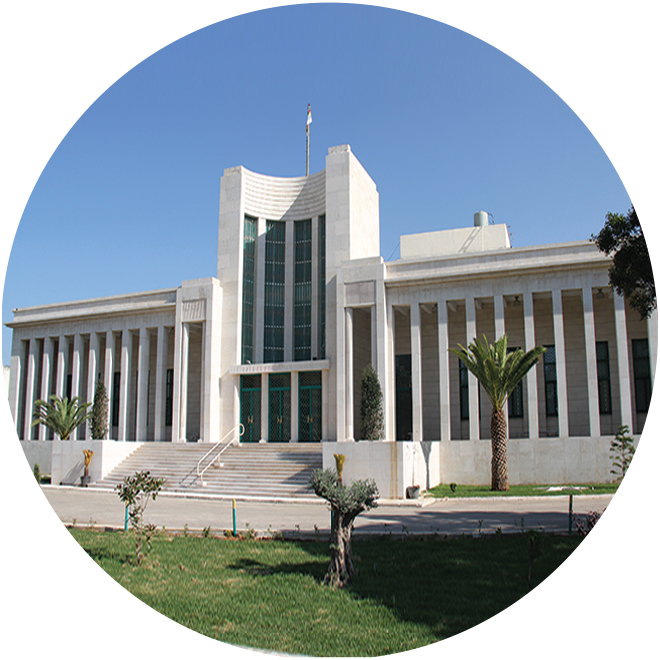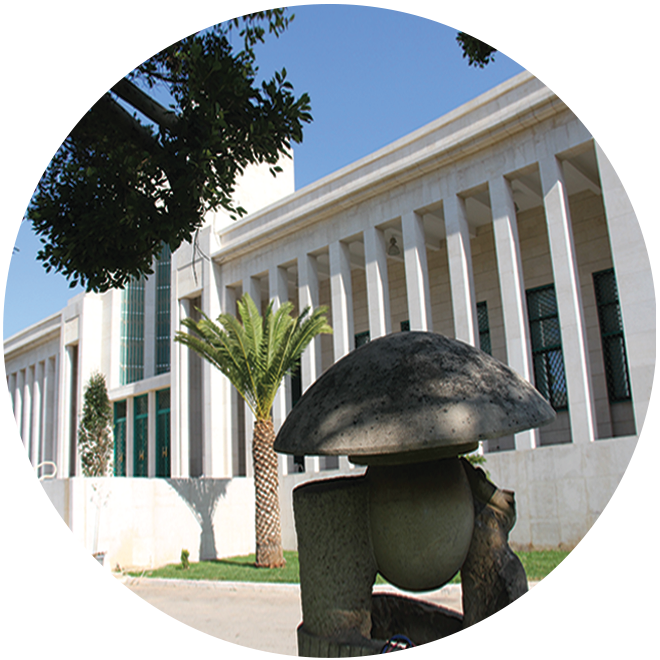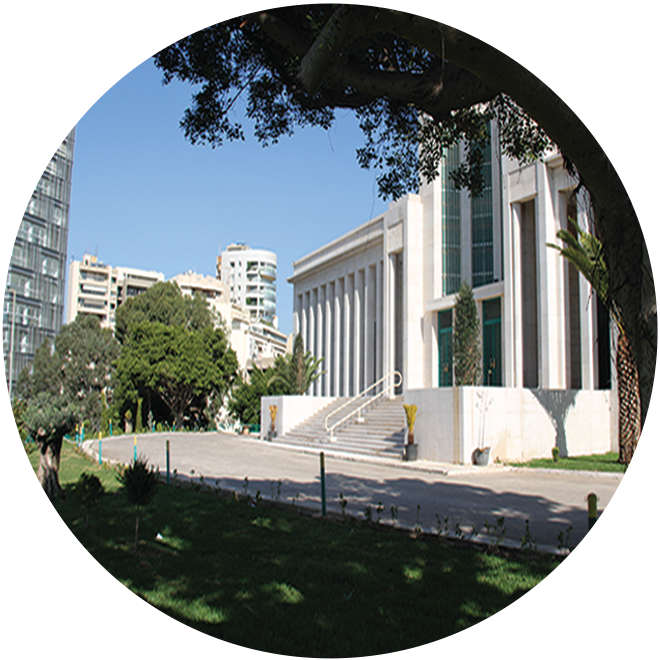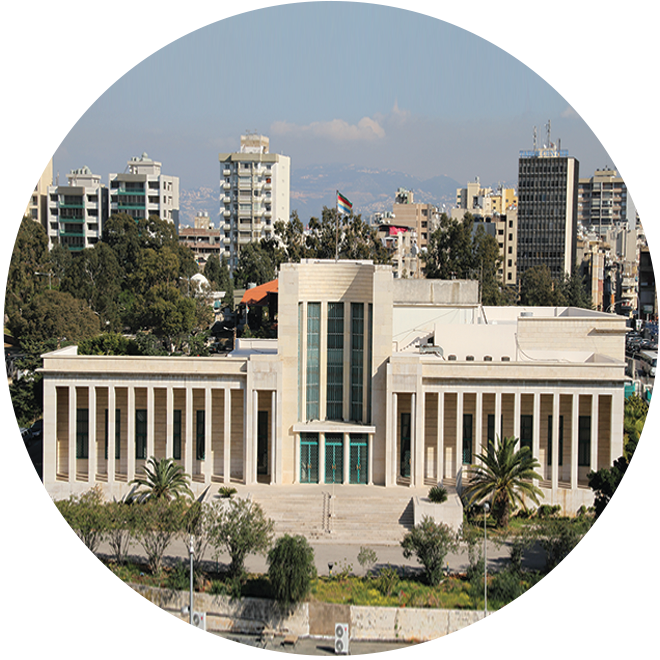Obligation of Zakat
The Almighty said, “And be steadfast in prayer and regular in charity,” (The Cow sura – verse 110). The Holy Qur’an included it with prayer in twenty-eight verses.
God (to whom be ascribed all majesty and perfection) strictly menaced those who do not give zakat (charity) by saying, “And there are those who bury gold and silver and spend it not in the Way Of God; announce unto them A most grievous penalty,” (The Repentance sura – verse 34.) Therefore, to “spend it in the Way Of God” means to give zakat. The same as the Almighty certified salvation for those praying in humbleness, He certified the winning of those giving zakat by saying, “The Believers must (Eventually) win through, - Those who humble themselves In their prayers; Who avoid vain talk; Who are active in deeds Of charity.” (The Believers sura –verses 1-2-3-4) Therefore, praying in humbleness, being active in deeds of charity and avoiding vain talk are the traits of believers, and God to whom ascribed all majesty and perfection has included it in His saying, “But those will prosper Who purify themselves, And glorify the name Of their Guardian-Lord, And ( lift their hearts) In Prayer (The Most High sura – verses 14-15).
According to At-tawheed (monotheism) doctrine, the association of zakat with praying in the Holy Qur’an has a solemn meaning where the faithful servant of God could not achieve a genuine relationship with Him (to whom be ascribed all majesty and perfection) unless there is a brethren relationship in God because praying is the relationship between the heart and God, and zakat is nothing but an emphasis on brotherhood in God between the rich and the needy. He who supports the followers of God out of love for them is, therefore, loved, supported and dignified by God.
God (to whom be ascribed all majesty and perfection) also said, “The parable of those who spend their substance In the way of God is that Of a grain of corn: it growth Seven ears, and each ear Hath a hundred grains. God giveth manifold increase To whom He pleaseth: And God careth for all And He knoweth all things,” (The Cow sura – verse 261).
Had someone given Zakat, he shall honestly do that for God’s own sake, so that it is accepted by God (the Almighty).
Imam Ali said in Nahj Al Balagha, Zakat is considered with prayer as a sacrifice for Moslems; he who gives zakat has made his soul good since it acts as a kafarra (atonement) to him and as a shield that protects him from fire.
However, zakat should not be given with favor and harm, but from the best of moneys. It is mentioned, “When reminding of charity, you are giving it with favor; when showing that you have acted in charity, you are giving it with harm.” The messenger (pbuh) said, “He does not accept the charity of those reminding of it.”
In his book “Minhaj Al Arifeen” Imam Ghazali said, “For every organ you have, there is a zakat imposed on you to God; the zakat of heart is a reflection on God’s wisdom, mightiness, power, graces and mercifulness; the zakat of eye is looking at what arouses contemplation and avoiding what provokes lusts; the zakat of the ear is listening to all that saves the soul; the zakat of the tongue is in all that makes you closer to Him; the zakat of the hand is refraining it from devilish acts to be strengthened for goodness; and the zakat of the foot is going to any place where your heart and religion are saved.
In Regard of the Meaning of Zakat:
Zakat purifies its giver from covetousness and frees him from money enslavement, the Almighty says, “And those saved from the Covetousness of their own souls, - They are the ones That achieve prosperity,’ (The Exodus sura – verse 9). Moreover, it stands for thankfulness to the graces of God (to whom be ascribed all majesty and perfection) and for the revival of generosity, mercy and solace –virtues that enliven the heart and emphasize faith and piety.
Who is Supposed to Give Zakat?
The rich shall give zakat to the needy.
To sum up, the Almighty said, “God hath purchased of the Believers Their persons and their goods; For theirs (in return) Is the Garden (of Paradise):” (The Repentance sura – verse 111).
He who knows the importance of spending money in satisfaction of God, rushes to give charities and abandons the unnecessary excess, is the dweller of heaven.
Issued on 7 Rabih El Awal 1430 Hegira corresponding to March 3, 2009 A.D.
Monotheistic Concepts,
Issued by the Bureau of Mashyakhat Al Akl
of Mouwahidoun Druze sect













